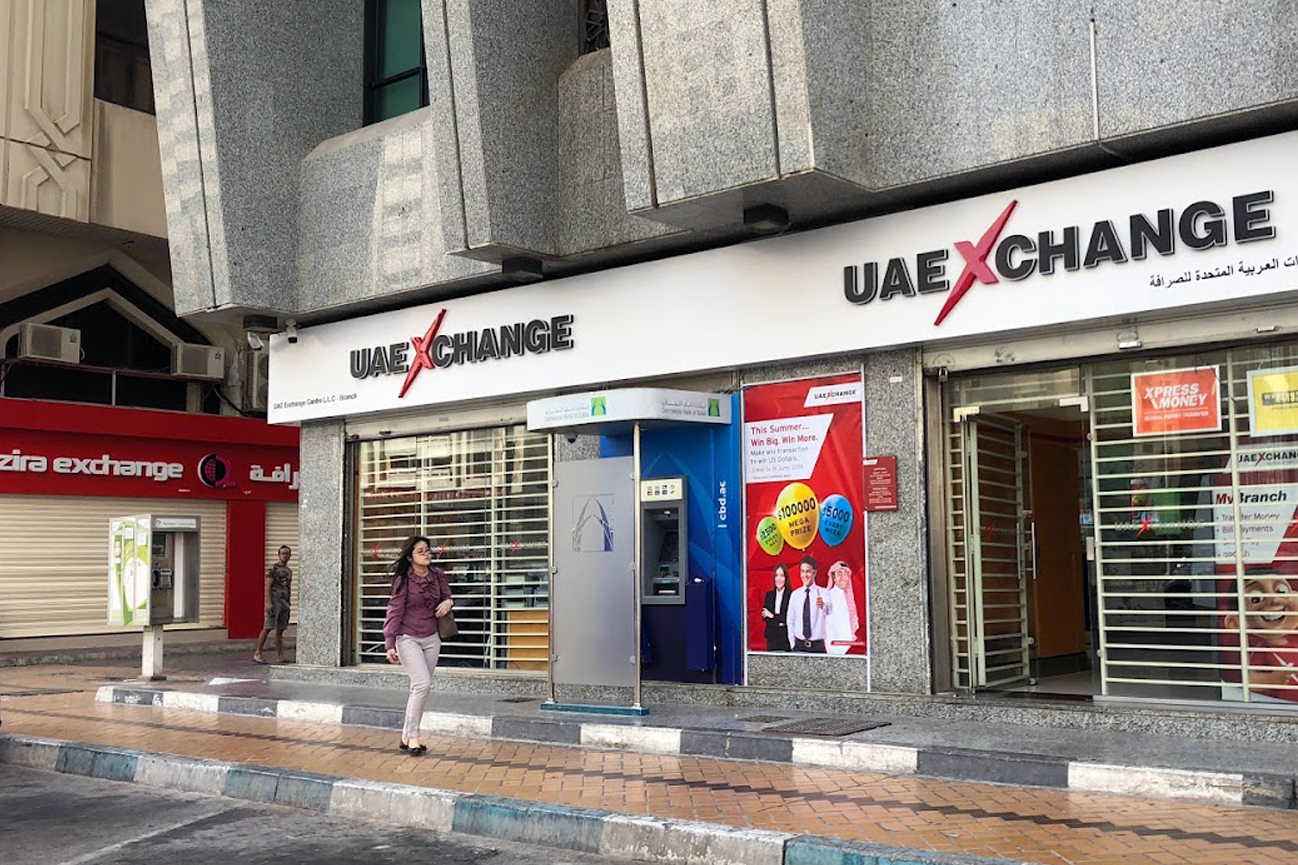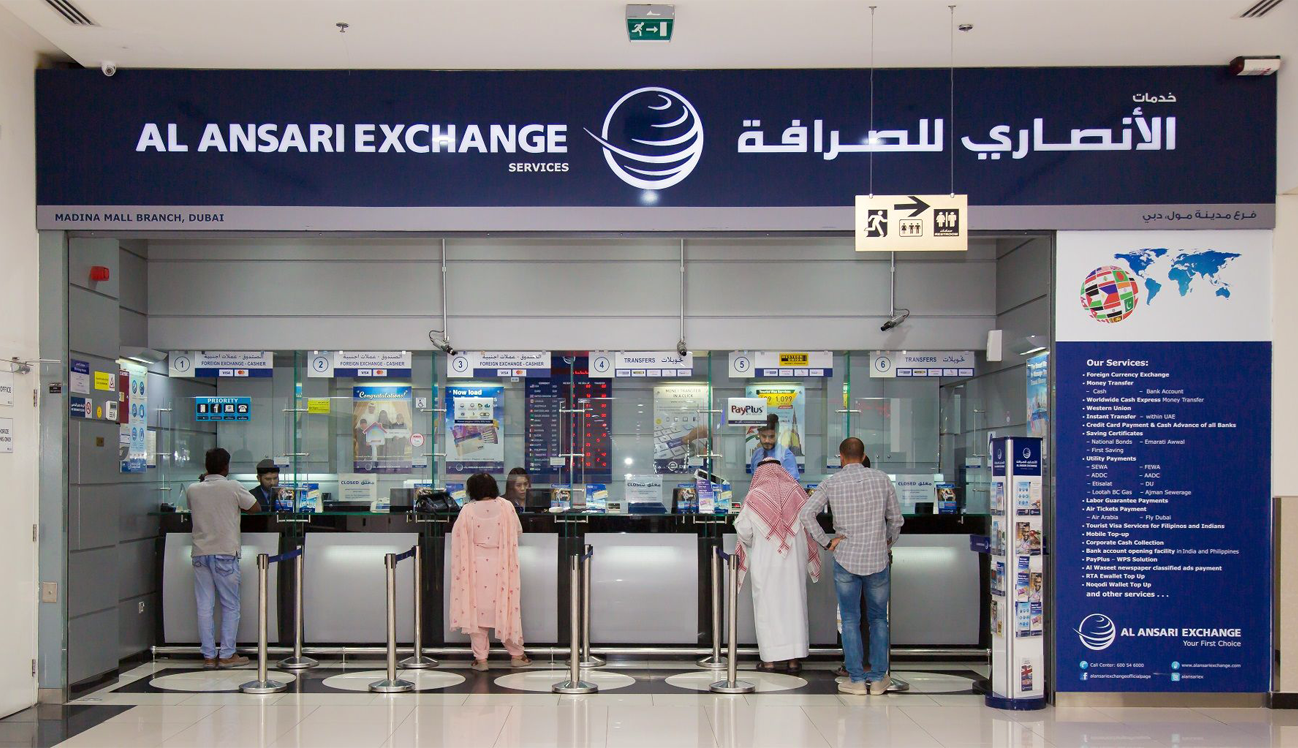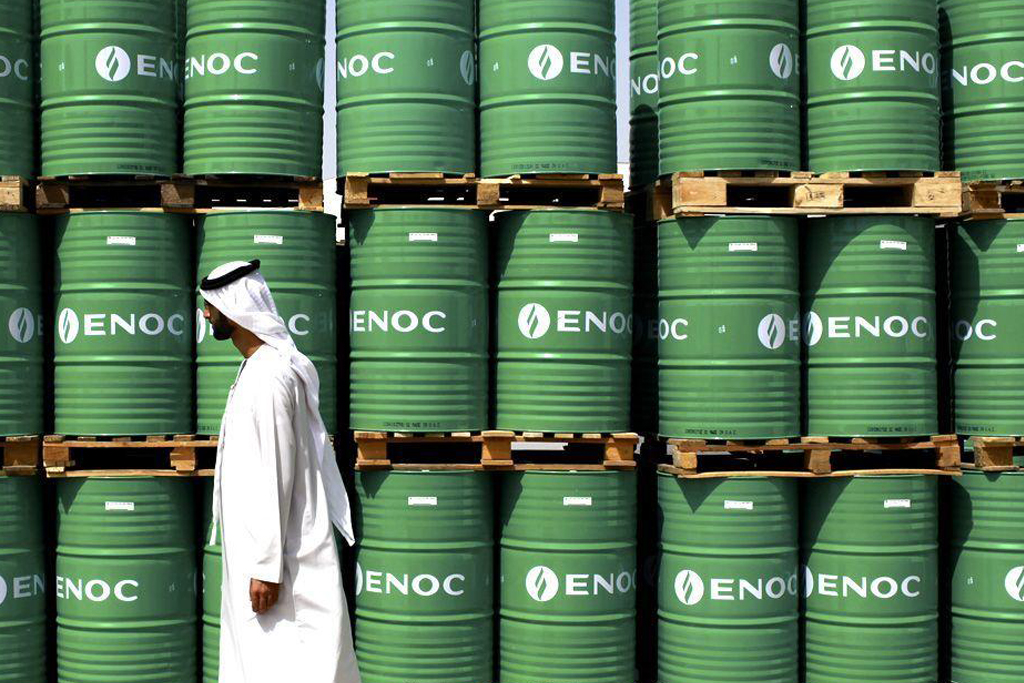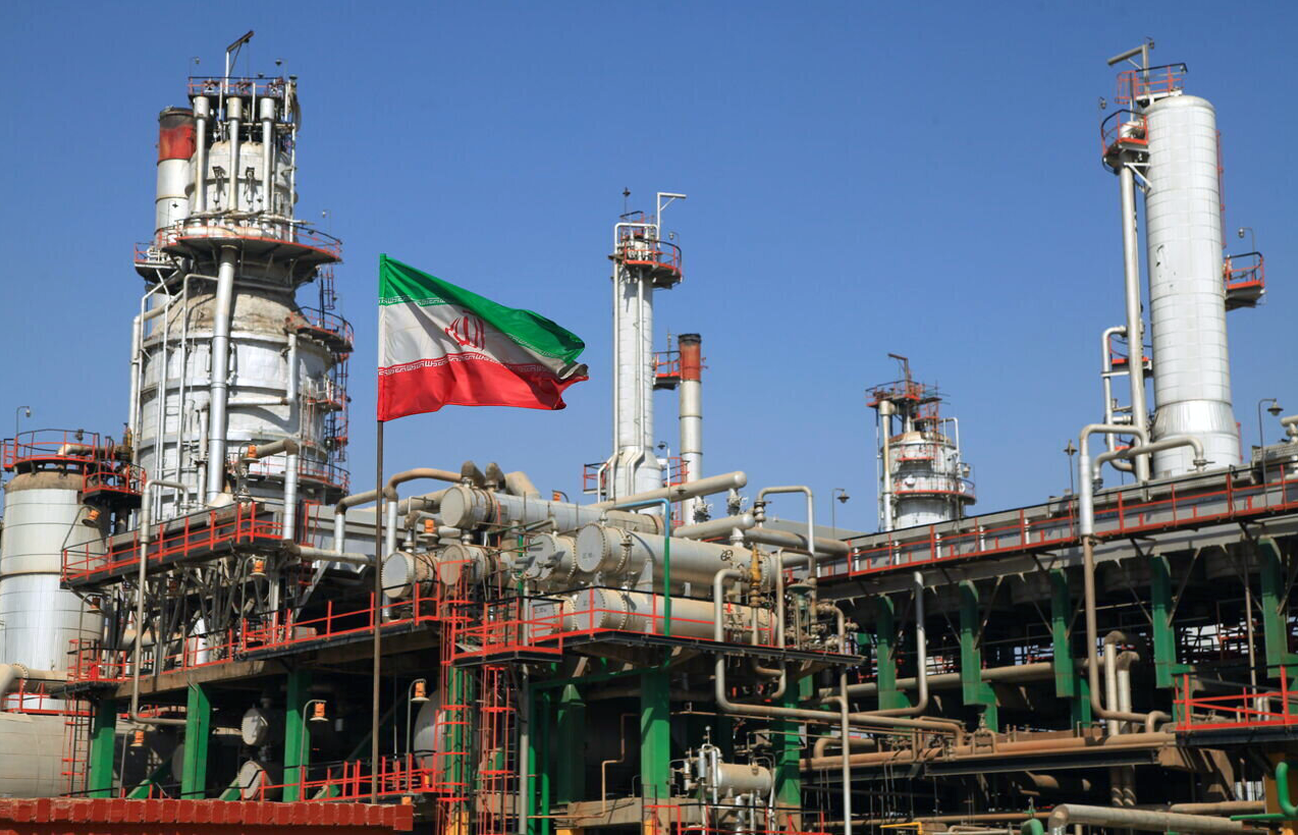First published in:

Rutledge, E. J. (2006, August 19). US ports deal: A bitter aftertaste. Al Jazeera. https://www.aljazeera.com/news/2006/4/19/us-ports-deal-a-bitter-aftertaste
As a consequence of the furore by the US congress over DP World’s acquisition of several American ports, the Dubai state-owned company decided to avert a long legal battle and agreed to put these assets up for sale.
That DP World had already sought and obtained the necessary US regulatory approvals did little to temper the irrational concerns expressed by many American commentators.
Congressional concerns were not over DP World’s business plan or its security record – the US navy has been using Jebel Ali for more than 15 years – but were almost exclusively because it was an Arab company. It is clear, though, from a brief review of the regional and international press, that the consensus view is that congress was unnecessarily discriminatory and in the wrong.
It happens that many other US ports are owned and/or operated by foreign companies, many of which are Asian. According to the New York Times, foreign-based entities own over 30% of America’s ports. Over 80% of Los Angeles’s port terminals are run by foreign companies. A Singapore state-controlled company operates Pacific coast ports from Los Angeles to Alaska.
In a similar incident last year the Chinese energy company CNOOC had to give up its bid to take over Unocal as a result of US congress disquiet. At the time America was accused of hypocrisy. On the one hand it was, and still is, advocating free trade as the global panacea and on the other protecting its own back yard; the DP World affair will only compound this sentiment. In other respects America is likely to lose out from its treatment of DP World.
There is little doubt that the decision will deter other GCC investors from US acquisitions. America will also find it harder to win support for its much-hyped Middle East free-trade area and at the very least the timetable for negotiating a free-trade agreement with the UAE will be put back.
Advantage Dubai
DP World expects to raise about $750m from the sale of its recently acquired US assets. Its US ports business operates five container terminals and handles cargo and passengers at a number of other sites. Since these operations accounted for around 10% of P&O’s annual global turnover and are less profitable than other operations in emerging markets, the company will make a tidy profit if it realises its asking price.
The US ports sector can hardly be viewed as having as high a growth potential as P&O’s Asian assets, as it is a mature market. The forced sale will also mean that the company will have more money and time to concentrate on the more lucrative emerging markets of Asia.
Despite the sale of its US assets DP World is now the third-largest port operator in the world. DP World has gained huge amounts of free publicity and a fair deal of sympathy. The company, which is borrowing $6.5bn to fund its takeover of P&O, had received commitments of over $14bn by March 20 and this is a clear sign that the episode in America has done nothing to dampen investor confidence in the company’s future prospects.
Although on a much smaller scale, it is somewhat ironic that another government of Dubai-controlled investment body, Istithmar, has bought into the US ports business this year. In January Istithmar bought Inchcape Shipping Services for $285m. Inchcape has various interests in America and, for instance, works with the customs department in the key ports of New York and San Francisco.
Turning to the UAE-US free-trade agreement, on the face of it the US stands to benefit more than the UAE from a bilateral agreement. US companies stand to gain in the short term, as most bilateral trade comprises US exports to the UAE. If the agreement fails as a result of the DP World fiasco, it would represent a considerable blow for American economic interests.
Nevertheless, the UAE will no doubt act pragmatically and if it considers the longer-term benefits of a free-trade agreement, such as increased levels of US inward investment, as credible, it is likely that it will still go ahead. GCC states will still invest in the US, but may decide to do so in the more traditional behind-closed-doors fashion.
By forming partnerships and not seeking to acquire controlling stakes, GCC investment bodies can make strategic investments without incurring political costs. According to an Abu Dhabi Investment Authority executive, the authority is not going to stop buying assets in the US, however ADIA will increasingly be looking East for longer-term investment opportunities.
Disadvantage USA
US misguided anti-Arab sentiment will not only tarnish America’s reputation as a free-trade nation but by making it harder for Arab governments to invest in the US may well deter the process of petrodollar recycling – something which since the collapse of Breton Woods has greatly benefited the American economy.
Sultan Bin Nasser al-Suwaidi, the UAE’s central bank governor, said that “trade and investment relations with the United States must now be viewed from a new perspective”. Many analysts, including some from the US, have said that the DP World affair may set a damaging precedent and deter investors, particularly from the Middle East, from investing in the US.
The US economy would inevitably suffer if petrodollars did not filter back into its economy and were instead converted into euros or yen. Mohammed Sharaf, the DP World chief executive, recently said that other foreign companies could be put off investing in the US by DP World’s experience, especially oil-rich Arab states.
Asian exporting economies and Opec states seem less willing simply to hold their US dollar assets in treasury bonds and are looking for better returns by buying fixed assets such as companies and property.
For example, another Dubai government-owned company, Dubai International Capital, is in the process of buying Doncasters, a UK-based aerospace manufacturer, for $1.2bn. The takeover is relevant because Doncasters has various interests in US military weapons programmes, including the Joint Strike Fighter.
Dubai International Capital’s takeover of Doncasters has yet to receive much media attention in America, but if it does and the attention is similar to that DP World received it will further tarnish America’s free-trade reputation and the US will be seen as increasingly hypocritical.
Bio.
“Emilie Rutledge is a British economist who is currently based at the Gulf Research Center in Dubai” (2006).







